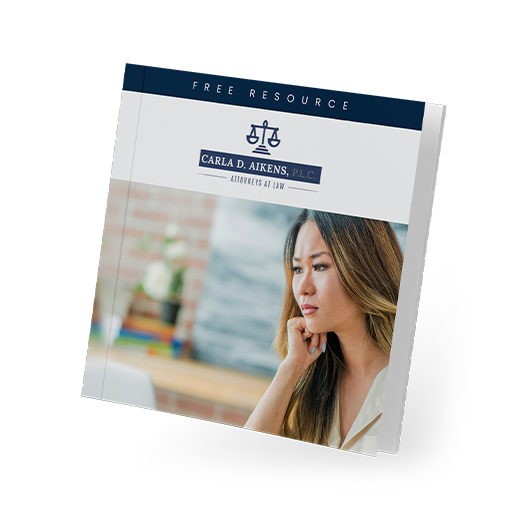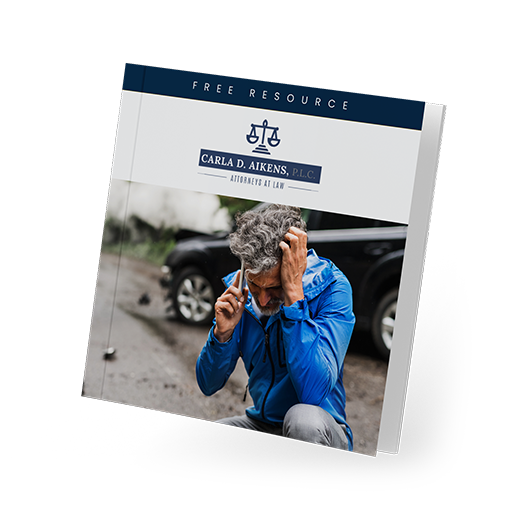 More companies these days are turning over the logistics of hiring and onboarding new talent to staffing agencies. Employers enjoy many benefits from using staffing and temp agencies, while workers often experience a state of limbo before getting hired full-time.
More companies these days are turning over the logistics of hiring and onboarding new talent to staffing agencies. Employers enjoy many benefits from using staffing and temp agencies, while workers often experience a state of limbo before getting hired full-time.
During this “probationary” period, workers have the opportunity to settle in while employers can evaluate the worker’s performance and choose not to hire them at the end of the probationary period. These short periods can make employment matters complex for workers, as they often don’t have health insurance and other benefits while under the staffing agency.
Another matter made even more complicated for workers is the issue of discrimination. Normally, employees will make an EEOC (“Equal Employment Opportunity Commission”) claim directly against their employer for workplace discrimination. However, in some cases, both the staffing agency and the company could be held liable.
When is the Company Liable?
More often than not, the place where you actually reported to work – regardless of whose name appears on your paystubs – would be liable for workplace discrimination, and that company could be considered your employer. Here are two scenarios where the company (not the staffing agency who hired you) would likely be liable:
- A staffing agency places a worker with a company. The job posting and placement follow every applicable employment law. However, the company decides not to hire the worker at the end of the probationary period. The worker suspects he was not hired because of his disability. The company is solely liable.
- A staffing agency places a worker with a company in compliance with every applicable employment law. After two weeks, the company asks the staffing agency for another worker, as the current one is “not a good fit.” The staffing agency works to find another position for the first worker, who files an ageism claim. The company is solely liable because the staffing agency did not have actual knowledge of the company’s discriminatory reason for requesting a different worker.
When is the Staffing Agency Liable?
Staffing agencies are not always blameless when it comes to workplace discrimination. Here are two scenarios where the staffing agency (alone or in addition to the employer) would likely be liable:
- The staffing agency places a worker with a company. The employer requests a different worker who doesn’t fast for Ramadan. The staffing agency removes the worker and does not report the employer for its anti-Muslim bias. The worker likely has a claim against the staffing agency and employer.
- Moving forward, the same employer informs the staffing agency that it will consider ceasing its partnership if it receives Muslim employees. The staffing agency does not report this discrimination and begins discreetly weeding out Muslim workers. The staffing agency is (rightly) at great risk for a discrimination claim.
It is important to note that both federal and state discimination laws apply only to entities that may be considered your “employer.” Determining which entities qualify as your employer is far from straightforward. In some cases, for example, more than one company may be considered your employer. Determining your true employer depends on a number of factors, such as the amount of control they have over the terms of your employment.
You Don’t Have to Figure This Out Alone
Experiencing discrimination when a staffing agency is technically your employer can make the claims process confusing. Sometimes, both parties are liable for discrimination. Other times, the employer (and not the staffing agency) is liable.
The most important thing for you to understand is that an experienced employment law attorney is your greatest resource during this difficult time. And time is of the essence. Attorney Carla D. Aikens will help guide you through the claims process and fight for you at every turn. Call our team today to schedule a free initial consultation.
Carla D. Aikens, P.L.C.
Latest posts by Carla D. Aikens, P.L.C. (see all)
- What Happens When Products Fail Basic Safety Standards? - March 29, 2024





